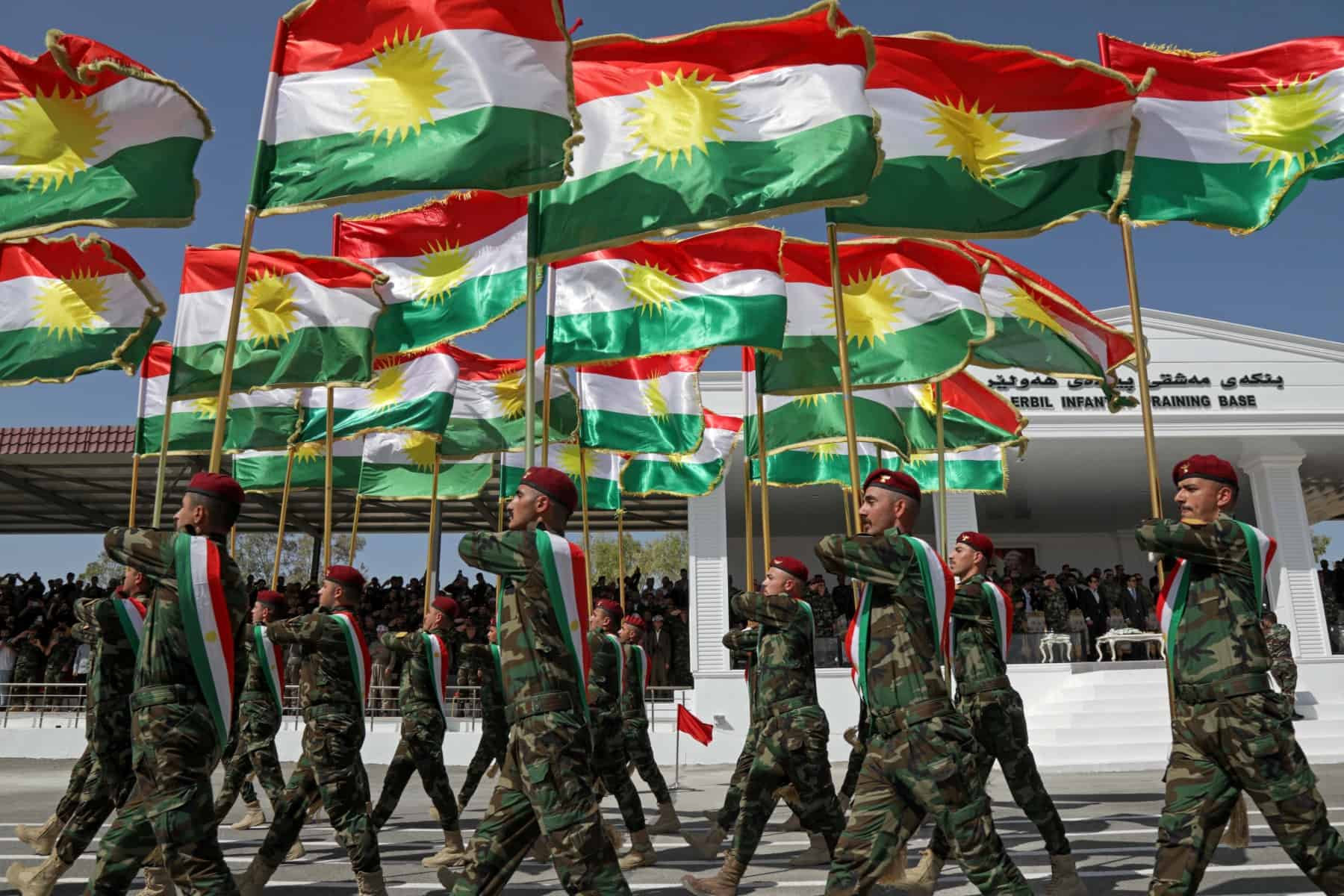ARBIL, IRAQ – Authorities in Iraq’s autonomous Kurdistan region announced on Sunday a November date for legislative elections which had been postponed by a year due to disputes between two major parties.
The regional parliament had voted in October to extend its term and reschedule the vote amid disagreements between the Kurdistan Democratic Party (KDP) and the Patriotic Union of Kurdistan (PUK) over electoral constituency boundaries.
“November 18 has been set as the date for the elections” to the 111-seat legislature, said Dilshad Shihab, spokesman for the regional presidency.
He told a news conference that “no party opposes this date”.
KDP controls the regional government in Arbil and has 45 seats in the current assembly.
Together with the 21-seat PUK, which has produced all Iraqi presidents since Saddam Hussein’s fall in 2003, the two parties dominate politics in Iraqi Kurdistan.
The regional parliament not only votes on legislation in the autonomous territory, but also approves Kurdistan government appointments including the prime minister.
Kurdish officials have painted the region – which has its own security forces, the peshmerga – as a haven of stability in conflict-ridden Iraq.
But activists and opposition figures have decried corruption, arbitrary arrests and intimidation of protesters.
Disagreements between KDP and PUK particularly over the allocation of budgetary funds have also marred regional politics.
The parliament has extended its term several times in recent decades over such disputes, and in the 1990s due to fighting between two rival clans, the KDP-affiliated Barzanis and the PUK-affiliated Talabanis.
On the national level, Arbil and the central government in Baghdad often clash over federal budget allocations to Kurdistan as well as the management of oil exports from the resource-rich region.
Announcement of the Kurdistan election came a day after Turkey stopped importing oil from Iraq’s Kurdistan region, according to Iraq’s oil ministry.
The action followed a ruling by the International Chamber of Commerce which, Baghdad said, ruled the federal authorities are the only entity authorized to manage exports.
Iraqi Kurdistan has also been caught in geopolitical conflict between neighboring countries.
The army in neighboring Turkey regularly targets the Kurdistan Workers’ Party (PKK), which has rear bases in the region and is considered a “terrorist” group by Ankara and its allies.








